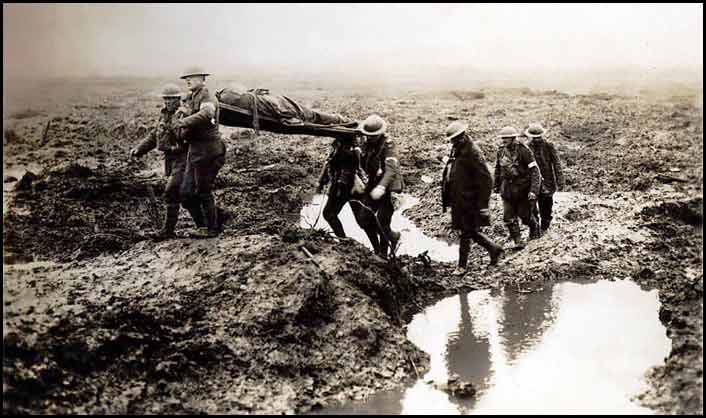On the eve of the American election, a solid majority of Canadians are hoping for the defeat of the incumbent President George W. Bush in favour of the Democratic Senator from Massachusetts, John Kerry. However, our Liberal Prime Minister may be quietly hoping for the Republican status-quo on November 2nd.
Paul Martin will achieve more in trade negotiations with Bush and as he does he will appear to have stood up to the Republican ‘cowboy’ President. Under Kerry, Canada’s already shaky position at trade talks will be tougher for Martin to manage.
John Kerry has made it known that he plans to make bulk prescription drug purchases from Canada to lower American costs. Supply and demand dictates that Canadian drug costs will sky-rocket under the Kerry plan. Paul Martin’s “fix for a generation” and plans for pharmacare will be shelved for another generation as drug companies raise their prices to a point which is most profitable given the new demanding environment of the consumer that is the American federal government. Soon, the cost of drugs will reach a new equilibrium, between the two countries, as the markets merge giving the large American consumer a slight discount while dumping a large price-hike on the relatively small Canadian counterpart.
On April 7th of this year, John Kerry signed a letter, along with Democratic Senators Ted Kennedy and Hillary Clinton, to Agriculture Secretary Ann Veneman to maintain the ban on Canadian beef. Canadian beef farmers are still suffering under this export ban which is based upon politics rather than science. John Edwards, John Kerry’s running mate, is a staunch protectionist that voted against NAFTA. While John Kerry voted for it, he wants it reviewed to protect the American worker. Canada should not also be so quick to embrace the democratic ticket because outsourcing of American jobs actually helps us. Nearly two thirds of outsourced American jobs go to Canada and Ireland, largely in the auto parts manufacturing and telemarketing industries. Southern Ontario and New Brunswick are particularly against the idea of Americans clamping down on outsourcing under John Kerry. The Democrat will actually weaken Paul Martin’s ability to favourably manage the Canadian economy.
Granted, the American federal deficit has ballooned under George W. Bush, however, I don’t see how John Kerry can ameliorate the situation with his proposed $2.2 trillion of new spending. However much of that figure is spin, Kerry does plan to increase spending drastically. George W. Bush has made the American dollar weaker, while driving up our dollar in comparison, weakening our exports and trade deficit. However, the American economy isn’t about to get better under John Kerry’s watch, and as stated, neither is our export situation.
The perceived unilateralism of the war in Iraq made a profound statement to Canadians regarding the new direction of American foreign policy, in particular its largely unpalatable policy of pre-emption. Yet, the Iraqi war is a red-herring, at least in Canadian domestic politics. Whether or not Americans went into Iraq had little bearing on the day-to-day functions of our lives, however, as Canadians who have largely lost their international influence and voice, we felt both helpless and frustrated due to our inability to influence or even interject. Let us also not forget that Paul Martin privately endorsed the war and that his first Minister of Defense, David Pratt, was also for the invasion of Iraq. Politically Paul Martin would prefer to keep our American cousins cautiously while appearing to achieve a coup in trade relations rather than achieve nothing with a Democrat President who speaks French, plays hockey and largely appeals to Canadians in their hearts but not their wallets.
Would John Kerry be better for the world at large through his promise of multilateralism and broad alliances?
Arguably yes.
Would John Kerry be better for the Canadian economy and Paul Martin’s domestic agenda?
No.
(The author wishes Americans all the best in the upcoming four years yet believes that neither presidential candidate is qualified for, nor deserving of the job)
